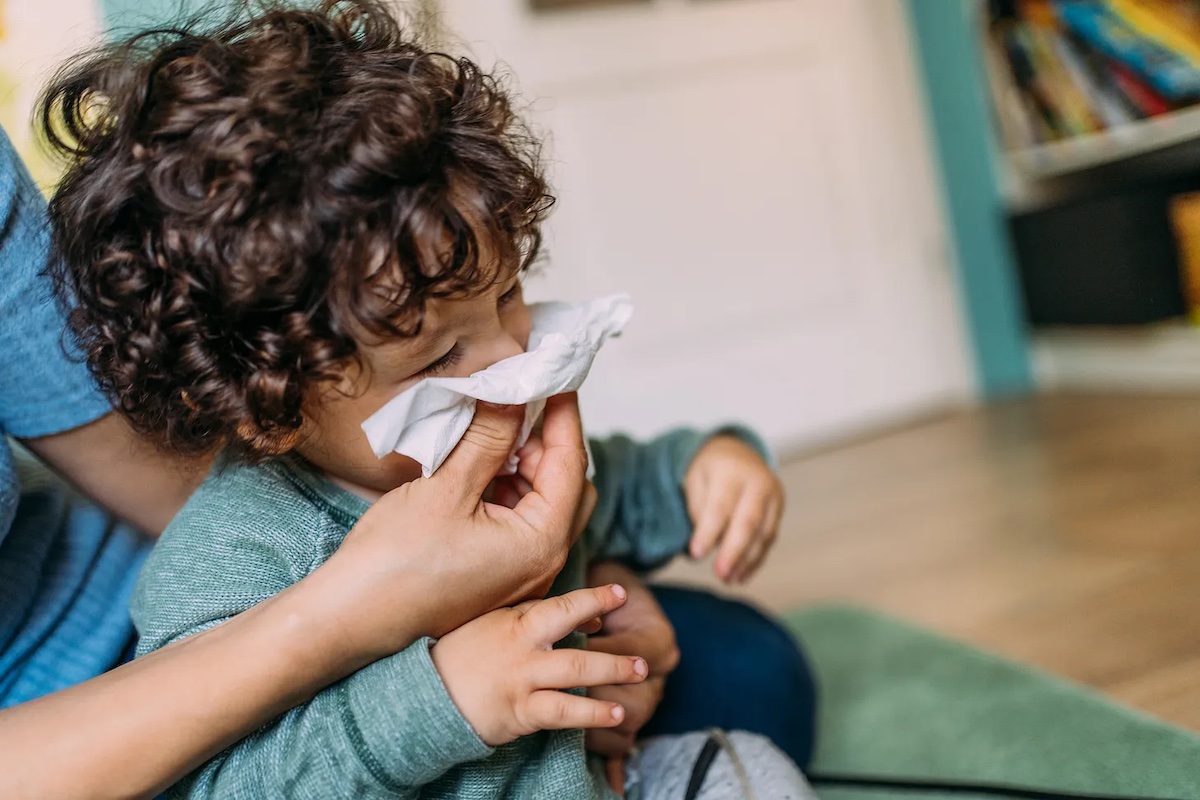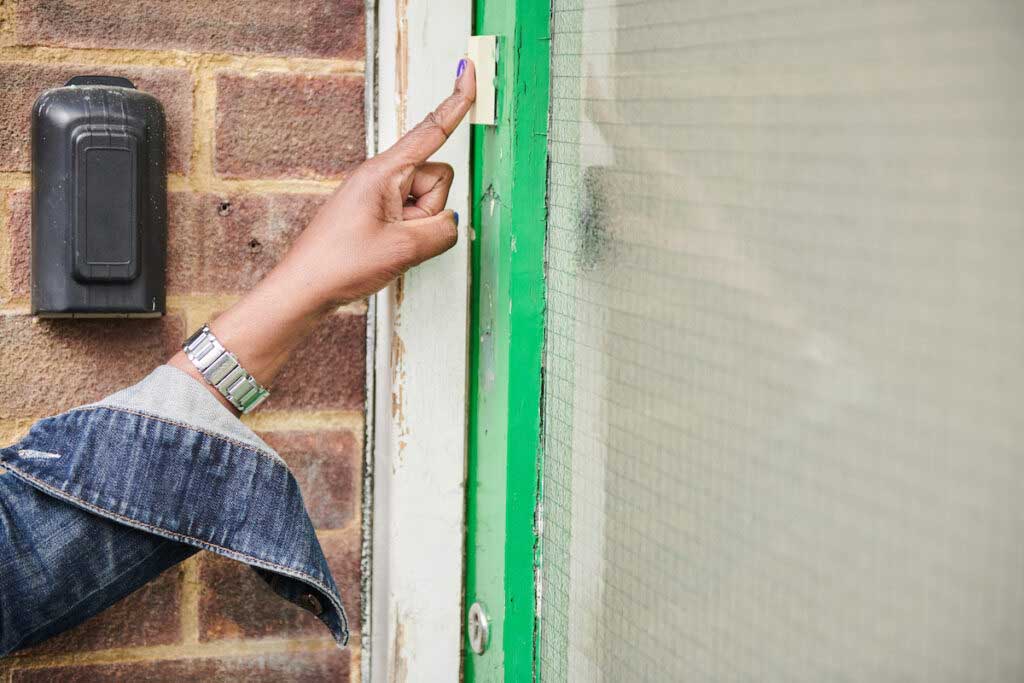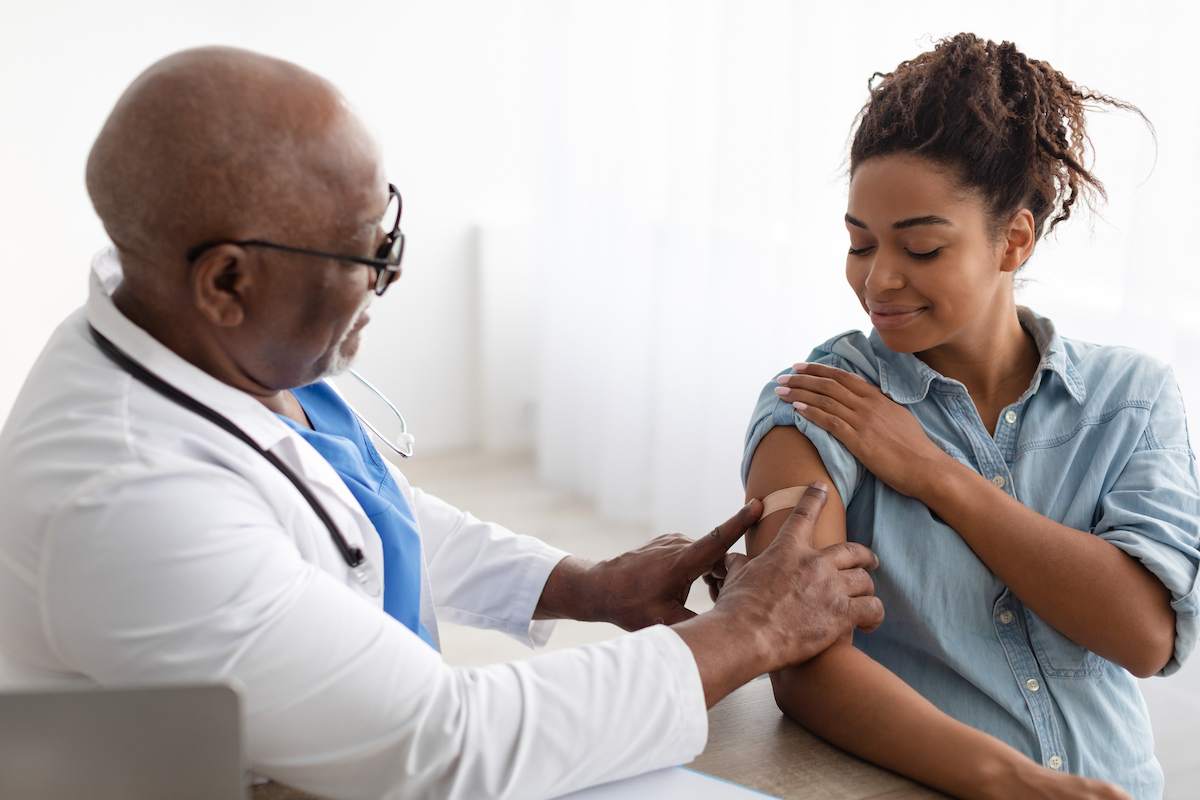I am 35 weeks pregnant and my husband and I live across the country from our families, who plan to fly out in the early days/months after baby is born. We have one family member who is resistant to getting a Tdap booster as is recommended for those who will be around/caring for baby. Can you speak to the data on the importance of the Tdap vaccine for those caring for baby (besides mom, who was vaccinated during pregnancy per standard protocol), to help us make an informed decision about what we’re comfortable with if this person does not get a Tdap booster (assuming they haven’t had one in the past 10 years)? Some things I’d love to clarify/get more info on are whether that person wearing a mask would offer comparable protection and just how risky it would be to allow that person to be around baby if unvaccinated.
—Torn about Tdap
The Tdap vaccine protects against a number of things (tetanus, diphtheria, and pertussis), but from the standpoint of infants, pertussis is the relevant issue. Also known as whooping cough, this is a virus that can cause serious illness or death in very young infants, especially those who are premature. Pertussis is relatively rare, due to widespread vaccination. The CDC estimated 2,688 cases in 2022, although that is likely an undercount given that many cases are not reported. Of these, 139 cases were in babies under six months. These infants had a 17% chance of hospitalization; 139 babies out of 4 million births is a small number, but the hospitalization rate is high.
What to do to prevent this? First, your infant will start Tdap doses at two months of age (they are part of the first set of shots), which will give them some protection. In addition, maternal vaccination during pregnancy has been shown to be about 90% protective against Tdap in infants under two months. This choice — to get vaccinated yourself during pregnancy — is the most important protection you can give your baby.
What you are asking about is sometimes called “cocooning”: having all individuals who are going to be in contact with the infant get a Tdap booster. This is a long-standing recommendation, but the evidence is poor. Tdap vaccination doesn’t prevent people from transmitting the virus (although it may make it less likely), so it is not obvious it matters. ACIP, the CDC’s Advisory Committee on Immunization Practices, says in their 2020 evidence summary that the evidence for this practice is weak. They underscore that the most important preventive measure is maternal vaccination. There is really no evidence that requiring everyone to be vaccinated will have any impact at all.
My read of this is that you should not restrict baby access for the person without the vaccine (assuming you want to see them!). Masking isn’t necessary; having visitors wash their hands when they arrive and making sure people are not actively sick (with anything!) is strongly recommended.
Community Guidelines

















Log in